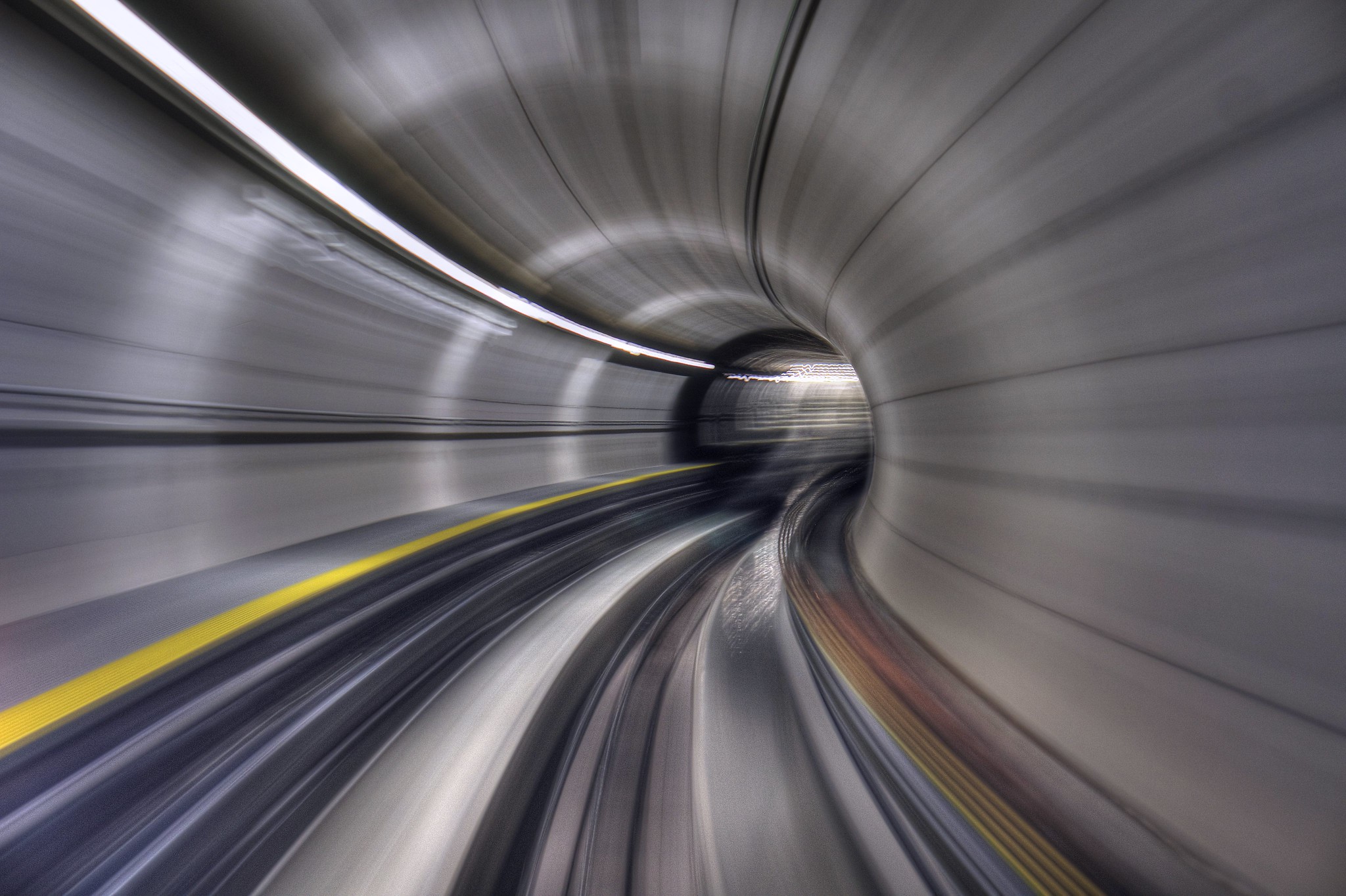If a 28-minute ride between Chicago and Cleveland at the speed of sound seems too good to be true, well then you're not dreaming big enough. Or fast and long enough.
The Great Lakes Hyperloop System took one step closer to the Jetsons acid trip it was conceived from last month when the U.S. House of Representatives somehow set aside $5 million for the federal Department of Transportation to determine whether the futuristic transit system is safe to use, how it will affect the environment, and what regulatory obstacles exist.
The provision to examine hyperloops, a raised vacuum tube designed to shoot two dozen souls in levitating magnetic capsule at 700 miles per hour, was included in the House's $87-billion budget bill late last month.
The budget bill will now move onto the Senate at a speed roughly equivalent to a Washington Metro bus.
The hyperloop has its fans in Congress. Ohio Congresswoman Marcy Kaptur, a Democrat, said the allocation will give a supersonic jolt to the fiscal health of the upper Midwest.
"Bringing hyperloop to our region would bolster economic growth, create jobs, strengthen Ohioans' ability to travel across the region quickly and efficiently, and improve the daily lives of millions of Americans," she told Cleveland.com.
Perhaps decision makers were also enticed by a slickly produced video from Hyperloop Transportation Technologies, the transit company behind the system, which teases the elongated metal suction system will "eventually become a utility" and "something people will talk of for generations."
"Flying 700 miles an hour through a tube using magnets and sunlight isn't a dream," the ad's gravely voice intoned. "It's a 'We're building this and coming to the Midwest to do it' thing. A 'We've already got a prototype' thing. A 'Millions in funding to survey it' thing."
The millions in funding part was certainly correct. Ohio business leaders and transportation and environmental planners with the Northeast Ohio Areawide Coordinating Agency have thrown in for the loop, splitting the cost of a $1.2-million feasibility study with HTT earlier this year.
Yet hyperloop projects in other parts of the country have run into speed bumps.
An Elon Musk proposal last year to build a high-speed transit tube between Chicago's downtown and O'Hare International Airport may be getting plugged up after the city's new mayor said the project was unnecessary.
And residents of Greenbelt, Md., vociferously objected to Musk's 35-mile Baltimore-to-Washington loop proposal during a public comment phase for the project after the federal Department of Transportation completed its environmental assessment in April.
Musk's twin underground corridors offer to zip passengers up to 600 miles per hour underneath the Baltimore-Washington Parkway in 15 minutes, and eventually between New York and DC in under 29 minutes. The project does not have a start date, but, he says, would take between 15 and 23 months to build if ever approved.
A passenger trip to Mars might be more of a sure bet.






